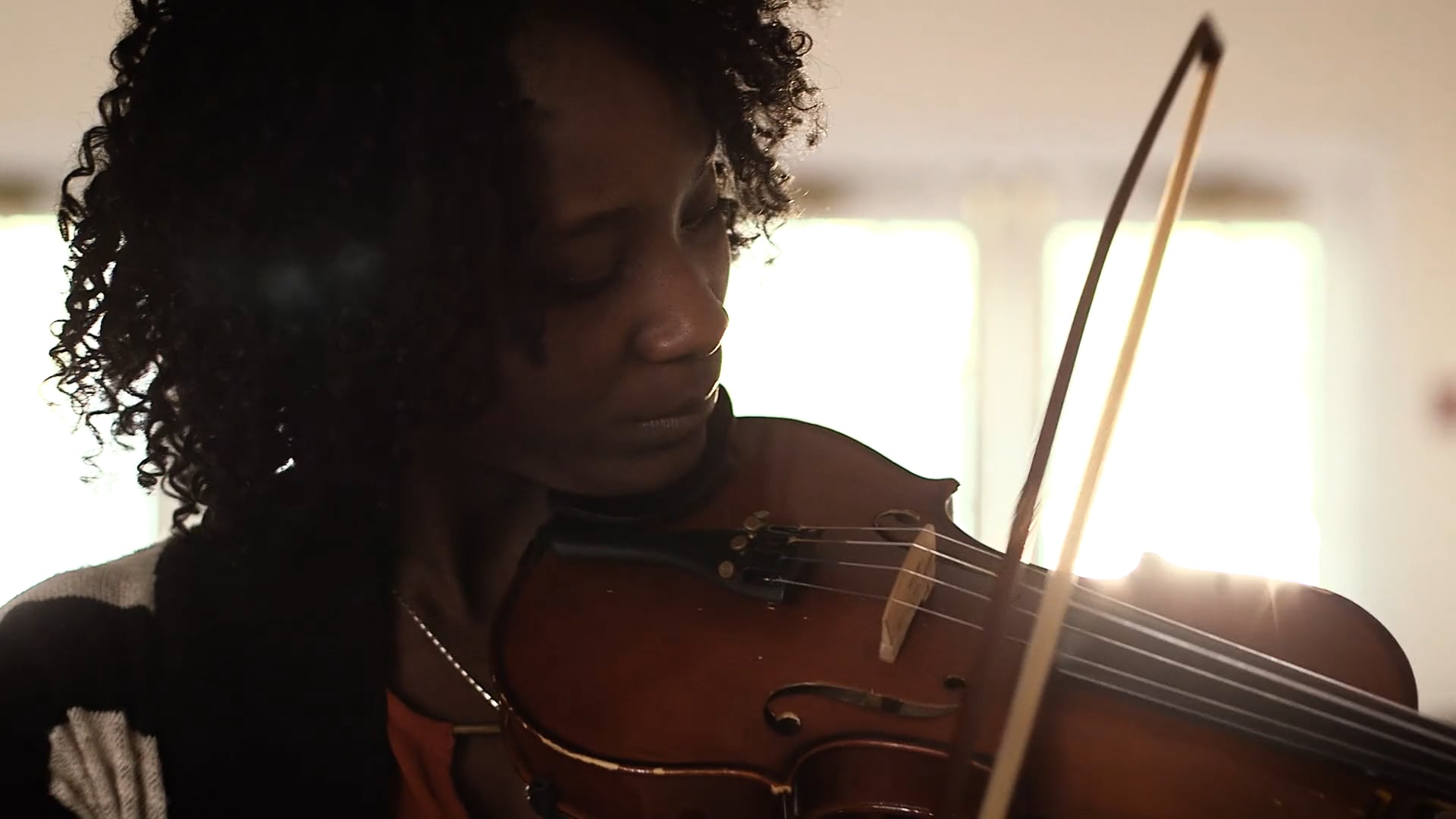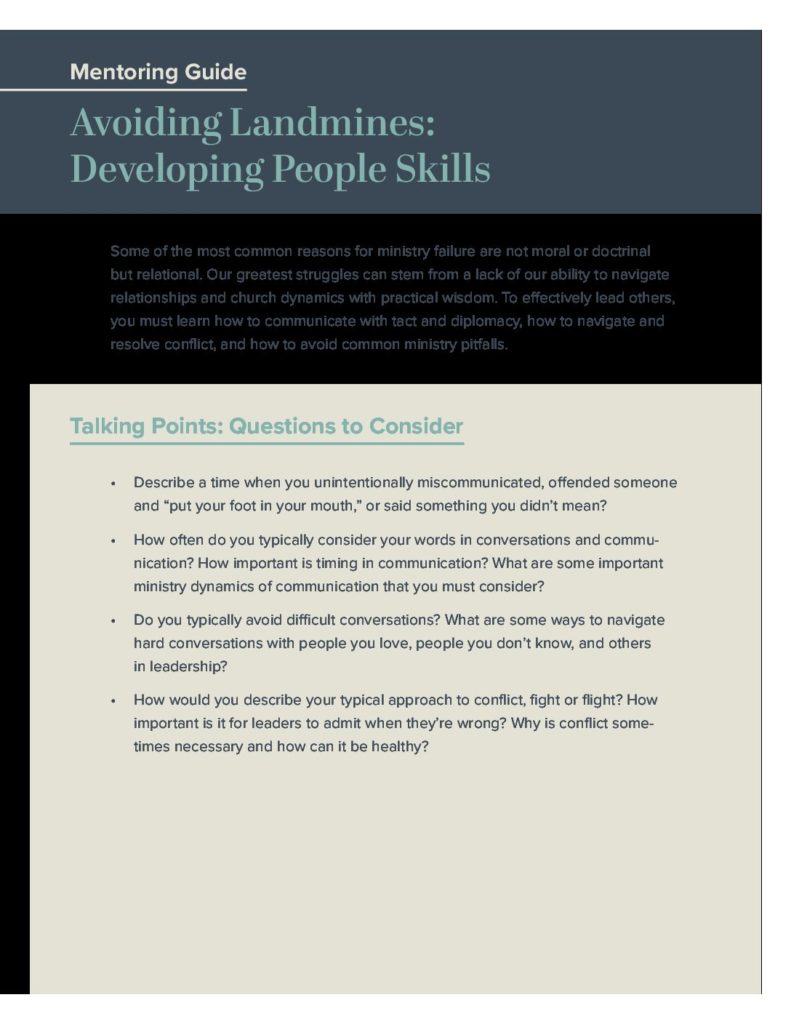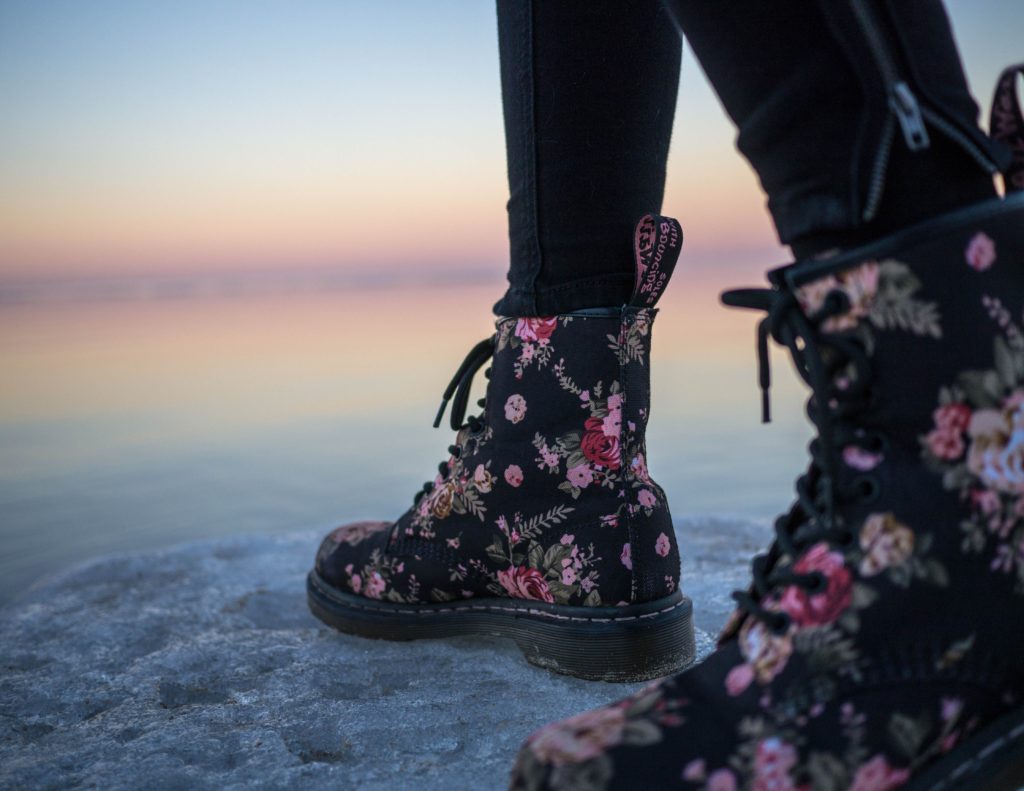In January 2002, several mutilated survivors celebrated the end of Sierra Leone’s 10-year civil war, free from neighboring Liberia’s rebel army.
For 8-year-old Fatmata Bayoh, the end of the war meant the beginning of a new life in the United States. UN troops left her country of Sierra Leone after disarming 45,000 fighters and began working with Sierra Leone’s local government to set up a war crimes court. The prosecutions began in June 2004.
Though Sierra Leone appeared safe and on the mends, it wasn’t.
“I still remember the moment my mom told me, ‘Hey, we’re coming to the United States,’” Bayoh says. “I wanted to tell everybody but [my parents] said, ‘No, don’t tell everybody.’ We came as refugees and, not that [my parents] wanted to hide it, they just wanted to wait until that moment we were leaving. You know how people are. They can wish bad will on you, so it remained a secret.”
Bayoh arrived in the United States on September 28, 2004.
“It was snowing,” says Bayoh. “The first snow I’d ever seen. It was in my eyes … I loved it. A lot of people say, ‘Oh, you were 8. You don’t know anything.’ But I remember. I was so excited.”
Her excitement, however, waned after just a few days. Bayoh and her family had escaped the tyranny that followed Sierra Leone’s civil war, including the departure of U.N. peacekeepers, street riots from the eight year war trial of Liberian president Charles Taylor and the Ebola virus killing more than 700 natives, yet she faced a different set of challenges in America.
“My mom made me go to school,” Bayoh says. “She told me it would be the education she never had as a woman in Sierra Leone. And I was young enough to start learning without being far behind the others. I was in second grade. At first, school was really hard. I went to Indian Creek Elementary School in Clarkston, Georgia. I was in school but I was not ‘into the system yet.’ I hated being classed as different. I hated the prejudice growing up.”
Seeing how her daughter was struggling to fit into western culture, Bayoh’s mom sent Bayoh to an after-school program run by an African man named Bennet Ekandem.
“Mr. Bennet was the first African we met in the United States,” says Bayoh. “He understood me. His after-school program helped me with my schoolwork and gave me the opportunity to take violin lessons. Music is what actually made me want to be a Christian.
“I come from a Muslim background. I grew up Muslim. I remember hearing worship music back home; I remember it inside a church, but we were not allowed inside. When I came to the United States, I knew I could come inside church. I learned about Christianity and wanted to become a Christian. I love it. I love that it is who I am now … not a refugee, not some ‘poor thing’ people pity but a person. His.”
Ekandem currently runs his after-school program, the Family Heritage Foundation, at the Clarkston International Bible Center in Clarkston, Ga.



